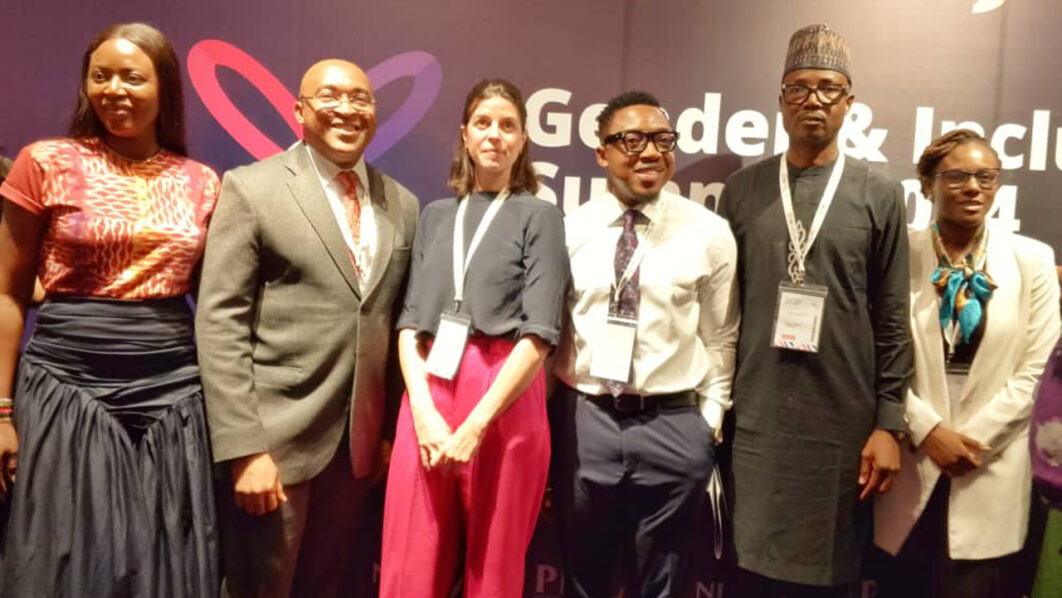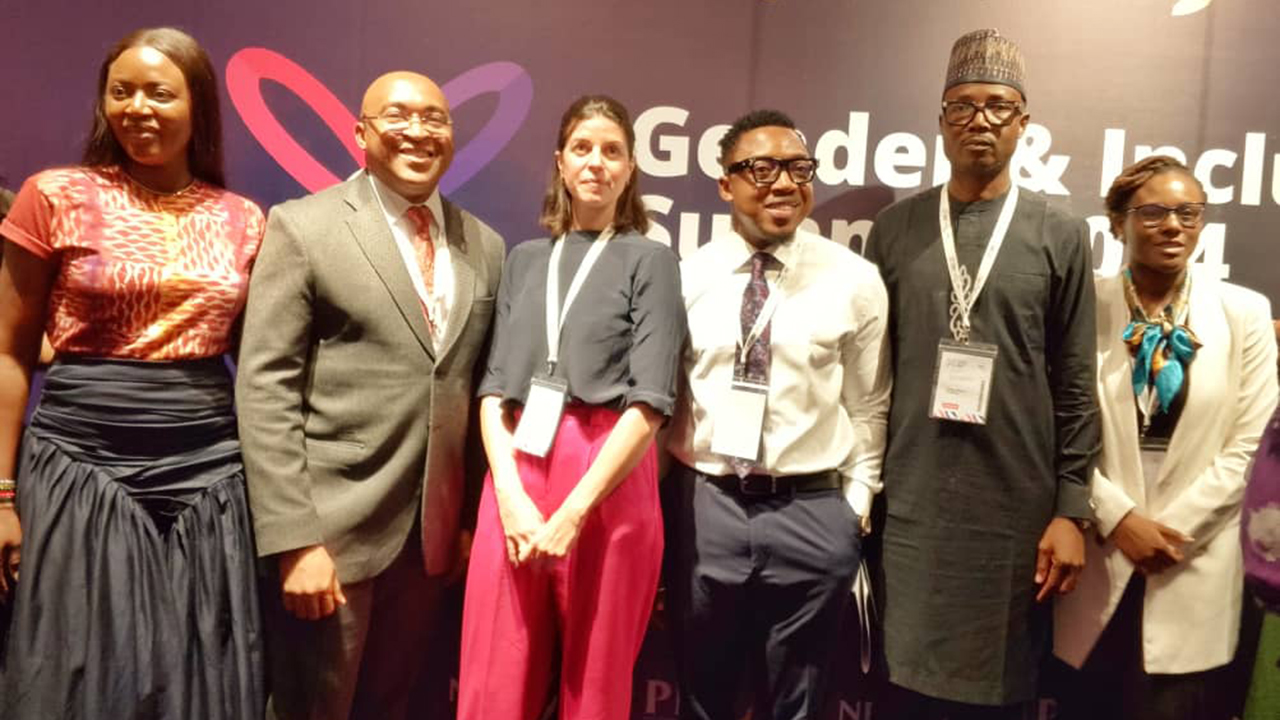
A Women’s Economic Empowerment (WEE), report conducted by financial giant, Enhancing Financial Innovation and Access (EFInA), a has shown that only 22 per cent of women in Nigeria are economically empowered and able to access and use formal financial services.
[ad]
The research which seeks pathways to greater inclusion of women in accessing financial services was the thrust of a panel discussion hosted by EFInA and Financial Sector Deepening Network, (FSD network), tagged ‘Unpacking Access to Essential Tools and Services for Women’s Economic Empowerment; A collaboration for Sustained Outcomes, at a two-day Gender and Inclusion Summit organised by the Policy Innovation Centre under the Nigeria Economic Group (PIC), (NESG) is very vital to our objective in Abuja.
Lead, Gender Centre for Excellence of EFInA, Emezino Afiegbe who moderated the session said that noted that empowering women financially is as good as empowering communities and bringing them into the formal financial sector means that their prosperity would increase which in turn increases the prosperity of improves families and communities
He noted that the Central Bank of Nigeria’s (CBN’s) framework for advancing women’s financial inclusion in Nigeria which being implemented by his centre requires stakeholders’ agreement on actionable paths to enable women access financial services.
“EFInA is very interested in being the convener to bring together different entities and ensure that they see areas where there can be collaborations, share experiences and then based on these experiences we can now know what to create or do differently in order to get more women to be brought into formal financial services so their prosperity can increase. If their prosperity increases, families will do better, communities will do better as well.”
While pointing to the fact that only 30 percent of women in the agriculture access agriculture related formal financial services, Partner, Sahel Consulting Agriculture and Nutrition Limited, Aisha Hadejia, said that while these services do exist, a lot of women farmers have no idea that they exist and therefore don’t know how to access them.
[ad]
According to Hadejia, “Access to finance services is one key necessary for success in the food and agriculture sector however, a lot of our women farmers have no idea what is available out there and this is due to access to information as a result of either the format the information is made available and how it is made available to the public.
“Only about 30 percent of women in agriculture are actually accessing formal financial services so most women move towards the informal financial sector such as group loans, associations and others.”
Gender Lead, FSD Network, Dr. Sophie Mills, explained that “EFInA as an FSD entity for markets facilitating works to improve the general functioning of financial systems in Nigeria and to make the financial system work better in Nigeria, it must pay attention to women. The work that EFInA is doing includes being very intentional about gender.”
Speaking on how to successfully ensure financial inclusion for women especially at the grassroots in Nigeria, Social Development Strategist at the World Bank, Yetunde Fatogun, said the model employed by the Nigeria for Women Project, (NfWP), a partnership with the federal government and the World Bank, has proven successful as millions of women access to financial services for their various businesses.
Other speakers include, Dr. Egemba Fidelis, and Head of Business Development and Financial Inclusion, FCMB, Ifeanyi Nwakolo, spoke on the importance of access to financial services in the health sector for women as well as other financial services in the banking sector.
[ad]



